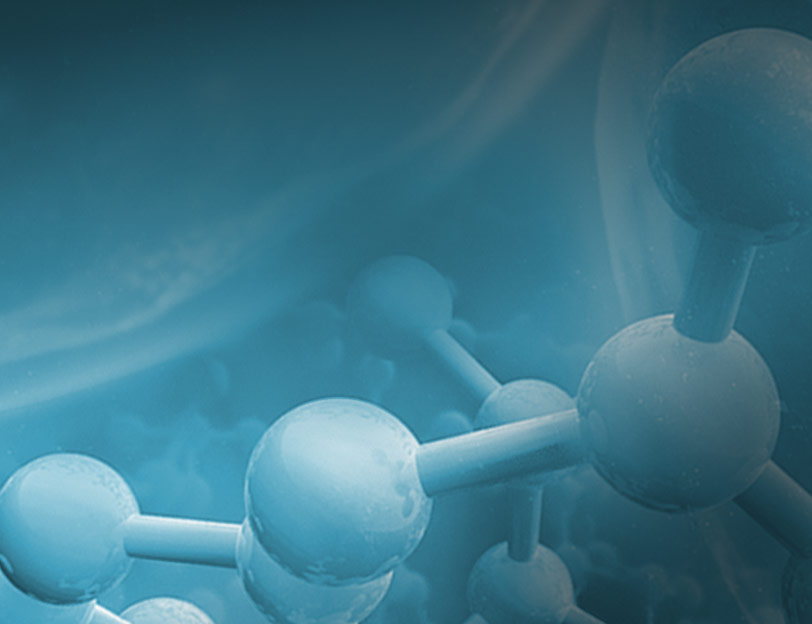Cell-Based Protein Expression
Promega offers two strains of competent E. coli cells modified to improve transformation efficiency and to provide regulated or inducible expression of recombinant proteins: BL21(DE3)pLysS and Single-Step KRX competent cells.
BL21(DE3)pLysS is a derivative of BL21 that has the T7 RNA polymerase gene under the control of the lacUV5 promoter (inducible by IPTG). Single-Step (KRX) Competent Cells contain a chromosomal copy of T7 RNA polymerase driven by a rhamnose promoter (rhaBAD, inducible by rhamnose). Background protein expression levels in Single-Step (KRX) Competent Cells are significantly lower than those of BL21(DE3)-derived strains and therefore are recommended for expression of proteins that are toxic to
E. coli.
Filter By
Shop all Cell-Based Protein Expression
Showing 2 of 2 Products


